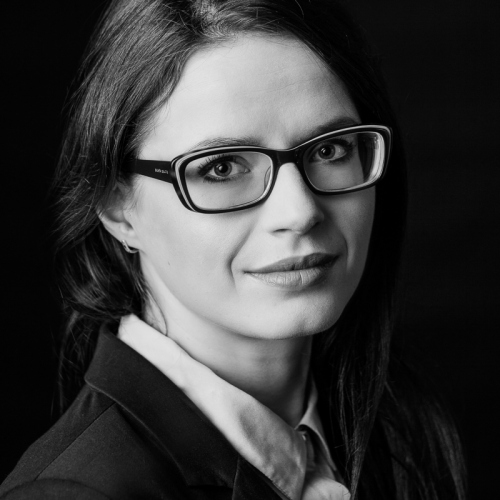In April of last year, we pondered the legal aspects of e-sport and stated that its status in Poland is unregulated. This situation may change with the recently published proposal to amend the Sports Act, drafted by the Ministry of Sport and Tourism.
Author: Lena Marcinoska-Boulangé
A specialist in intellectual property law. She examines how the law is dealing with cyberspace. She knows about the threats from using torrents, spoilers for TV series, and advertising in augmented reality. Write to the author: lena.marcinoska@wardynski.com.pl
Legal regulation of e-sport imminent
Can capturing Pokémons put you on the wrong side of the law?
The mobile game Pokémon Go became incredibly popular in just a few days, in Poland and everywhere else. The game uses a technology of augmented reality (AR). With maps and GPS, it overlays computer-generated 3D graphics and sound onto the real world as seen by a smartphone camera. To become a Pokémon trainer, the player has to put on sturdy shoes and head out for a real, live walk through the woods and around the streets.
Pursuing claims against banks for unauthorised electronic transfers
In the last couple of years we have seen in our legal practice a great increase in the number of cases related to cybercrime (an issue we discussed in the firm Yearbook, at pp. 7–9). Many cases involve attacks on Internet bank accounts from which criminals steal money, mainly using “phishing” methods, sometimes cleaning out customers’ life savings.
Pentesting of software and intellectual property
Can a controlled attack on a computer system to identify its security weaknesses violate copyright or trade secrets?
Freedom of panorama: Avatars explore Polish bridges, castles, gardens and shopping centres
In computer games and apps, the use of images of nature, like mountain streams, does not raise doubts in terms of copyright. But the use of architectural structures, such as bridges, monuments or buildings, can be problematic, because they are generally regarded as “works” for copyright purposes.



